- Human and Organizational Excellence
Performance Excellence with Wellness Quality Management!
Enhancing Personal and Organizational Wellness: Lead with Mindfulness, Manage with Expertise, and Elevate the Quality of Life for You and Your Team.


Quality Culture for Work Planning & Control
To effectively integrate Human and Organizational Performance (HOP) principles into the workplace, focusing on three core areas can help organizations enhance workplace safety, improve quality efficiency, and establish a Just Culture. These areas are critical for sustainable agility, growth, and scaling of businesses. Here’s how these can be structured into distinct yet interconnected topics:
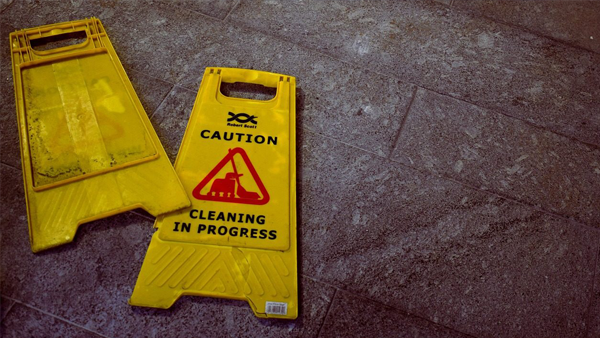
Workplace Safety
Prioritize both physical and psychological health by implementing comprehensive safety protocols and creating a supportive and inclusive environment. Conduct regular safety audits and risk assessments to proactively identify and mitigate hazards, ensuring a secure workplace. Additionally, implement robust mental health programs and stress management workshops to promote psychological resilience. By fostering a culture that values health and safety equally, organizations can enhance employee satisfaction and productivity, ensuring all team members feel safe and supported in their roles.

Human Performance
Enhance project and operational performance by integrating HOP principles with a strong quality culture focused on meticulous work planning and control. Use QPMO & CMBA Methodologies to streamline processes, reduce redundancies, and eliminate waste, thereby increasing efficiency and maintaining high standards of quality. Training sessions and workshops keeps staff updated on the latest techniques and best practices, ensuring continuous improvement in both project outcomes and daily operations. This approach not only improves the quality and speed of work but also instills a culture of excellence and precision across the organization.
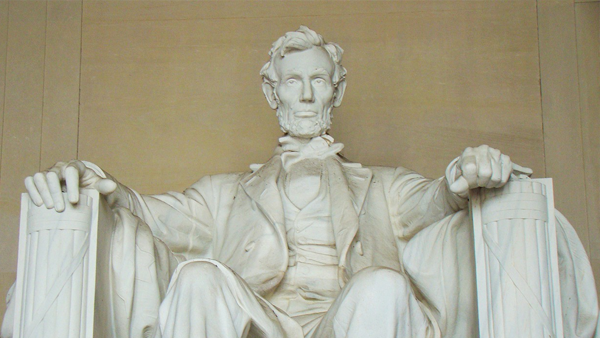
Fairness & Compassion
Develop a Just Culture that encourages creative problem-solving while maintaining a strong adherence to regulations and structured processes. This balanced approach allows employees to explore innovative solutions within a framework that supports both safety and regulatory compliance. Encouraging open communication and feedback helps to refine existing processes and discover defficiencies. By fostering an environment where innovation is as valued as compliance, organizations can achieve sustainable agility, enabling them to adapt swiftly to changes and scale operations effectively while optimizing their systems.
Features
- Meditation Training
- Healthy Eating Habits
- Human Performance
- Team Building Facilitation
- Organizational Quality Culture
Benefits
- Improve Focus & Effectiveness
- Stay Safe, Healthy, and Happy
- Empathy, Kindness, and Compassion
- Emotional Intelligence & Team Performance
- Become a Professional Manager

Start Your Journey of Happiness and Health Today!

Physical Health & Situational Awareness
Maintaining physical fitness and a balanced diet not only enhances overall health but also situational awareness—being cognizant of one's physical state and surrounding environment. This awareness is crucial for recognizing potential physical hazards and responding effectively, which is essential in maintaining safety and improving efficiency. Regular exercise and proper nutrition can help individuals stay alert and respond more adeptly to their environments. Learn about Yoga Tree for personal mental health and sustainable social wellness!

Mental Health & Cognitive Processing
Enhancing mental health involves cultivating self-awareness and developing unbiased cognitive processing. Techniques like mindfulness, meditation, and cognitive-behavioral strategies can significantly improve focus and emotional stability. This stability aids in processing information without bias, enhancing decision-making and problem-solving skills. Good sleep habits and stress management further support cognitive functions, leading to safer and more efficient personal and professional performance. Learn about Burnout and getting in the state of flow!
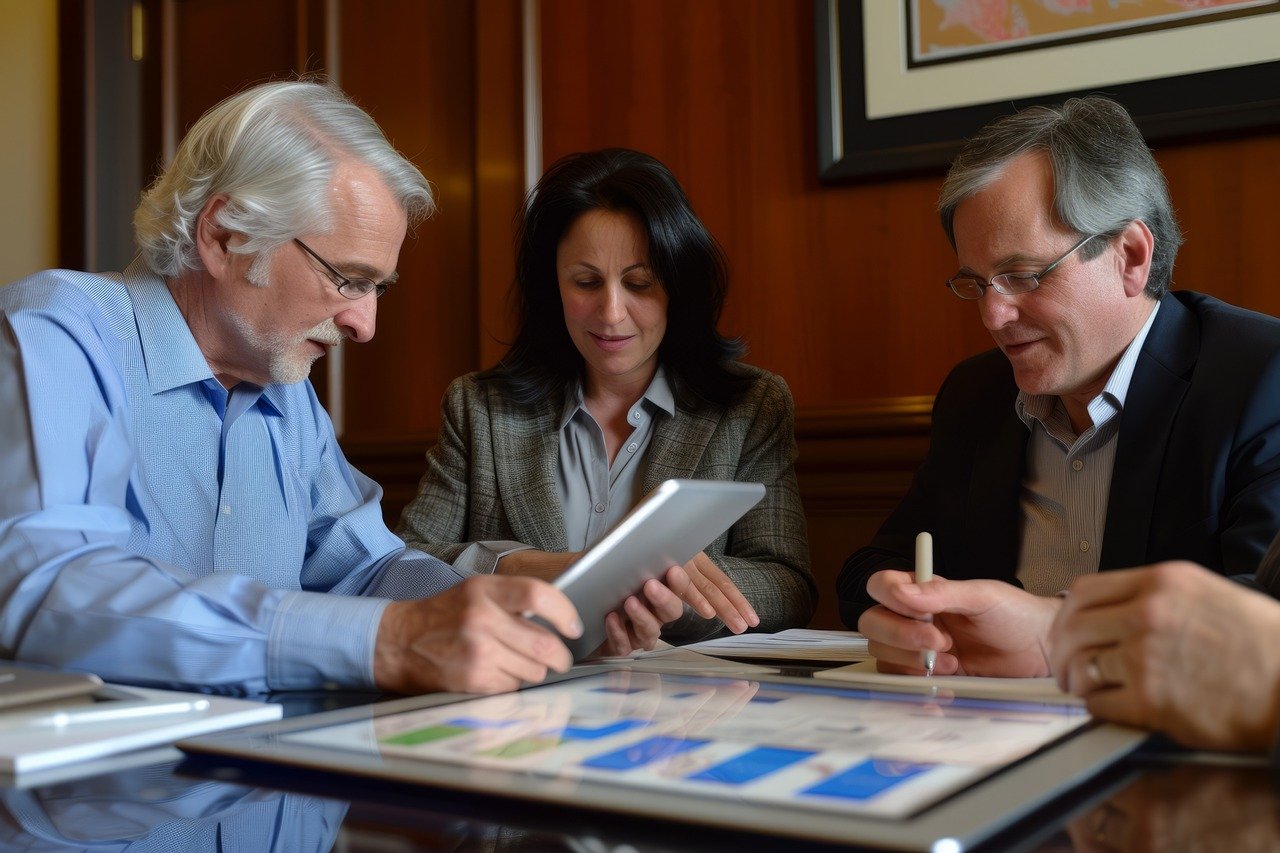
Social Awareness & Relationships
Improving social awareness and effectively managing relationships involve recognizing and appropriately responding to the emotions and behaviors of others. Developing skills in emotional intelligence, such as empathy and effective communication, fosters better interactions and teamwork. This not only leads to a more harmonious work environment but also ensures that actions and behaviors are wise, considerate, and aligned with sustainable practices, enhancing both individual and collective agility. Don't let your emotions and thoughts take over your mind, be mindful!
The Wellness Model
The Eight Dimensions of Wellness is a concept used to help define factors that contribute to overall well-being and understand how each dimension of wellness can be best balanced.
The Model was first developed by Dr. Peggy Swarbrick.
Emotional
Coping effectively with life and creating satisfying relationships
Intellectual
Recognizing creative abilities and finding ways to expand knowledge and skills
Financial
Satisfaction with current and future financial situations
Spritual
Expanding a sense of purpose and meaning in life
Social
Developing a sense of connection, belonging, and a support system
Environmental
Good health by occupying pleasant, stimulating environments for well-being
Occupational
Personal satisfaction and enrichment from one’s work
Physical
Recognizing the need for physical activity, healthy foods, and sleep
"Quality of Life" by a Professional Manager in a "QualityPMO"
Based on the above Eight Dimension Wellness Model, Dr. Emari, PMP developed a new model called the 4H of WQM 4 QPMO as displayed below. This will serve as a model for Mindful Leaders to achieve “Wellness Quality Management” goals as Professional Managers in a QPMO of any organization for External Success and Internal Peace!
Join the WQM Community of Practice (CoP)
to improve the Model with your input through the collaboration of like-minded people in the
Healthcare Industry!

WQM & Sustainability
Read the insightful reflection blog written by Douglas Hahn, PMP on Dr. Emari, PMP presention for Wellness Quality Management Approach on Sustainability as a Certified Green Associate for US Green Building Council at the PMI San Francisco Bay Area Chapter
Dough summarizes the innovative approach of the “Emari System Thinking” and its application in Wellness Quality Management (WQM) for project management, specifically highlighting its potential impact on sustainability and green thinking across industries as follows:
Individual-Centric Approach: The “Emari System Thinking” focuses on the core of organizations—individuals. WQM advocates prioritizing people’s intellectual and emotional intelligence, skill set, and interpersonal relations for achieving organizational goals. This individual-centric approach is crucial for catalyzing innovation and growth at both personal and organizational levels.
Eight-Dimension Wellness Quality Management Model: Dr. Emari employs an “Eight-Dimension Wellness Quality Management” model that integrates an individual’s career, well-being, happiness, and mindfulness with the organization’s strategy, operations, leadership, and sustainability. The core principles include holdings (career and strategy), health, happiness, and harmony, both internally and externally within the organization or community.
Sustainable Thinking and Just Culture: The blog connects Dr. Emari’s system with sustainable thinking, referencing Leadership in Energy and Environmental Design (LEED) strategies. Sustainability, beyond immediate environmental considerations, involves achieving an optimal balance on the “triple bottom line” of people, planet, and profit. Dr. Emari’s system advocates for a Just Culture, ensuring safety and thriving individuals, aligning with broader themes of justice explored in sustainability initiatives.
Alignment with Green Project Management (GPM): The blog draws parallels between Dr. Emari’s system and the GPM, emphasizing the alignment of organizational goals to build Just Systems where individuals are safe and treated equitably. Both systems share a focus on the triple bottom line, with Dr. Emari’s system adding the dimension of prosperity.
Collaborative Leadership
In a groundbreaking collaboration with Workforce Innovation, Trust and Influence (WITI), the Wellness Quality Management (WQM) initiative is spearheading the design of an innovative Leadership Style tailored for the future of work. This visionary endeavor aims to equip leaders with the wisdom to navigate diverse situations and various team scenarios, aligning seamlessly with their unique roles and responsibilities. These cutting-edge Leadership Styles, meticulously crafted in collaboration with industry experts, will serve as the focal point of the Leadership Course Roadmap. Led by seasoned professionals in the field, this comprehensive program promises to be a transformative journey, empowering leaders with the skills and insights essential for success in the dynamic landscape of the evolving workplace.

Building Excellence Through QPMO Leadership
In the pursuit of QPMO excellence, the following refined leadership styles have been carefully tailored, aligning with recognized paradigms and supported by personality traits from both the MBTI and CliftonStrengths frameworks:
1. Strategic Leadership (INTJ – The Architect):
- Inspiration: Drawing from Peter Drucker’s modern management principles.
- Traits: Visionary, Strategic Thinker, Goal-Oriented, Analytical, Independent, Decisive.
- CliftonStrengths: Strategic, Analytical, Futuristic, Ideation, Input.
- Title: The Architect of Strategic Excellence.
2. Change Leadership (ENFP – The Project Manager):
- Inspiration: Leveraging John Kotter’s Eight-Step Process for effective change management.
- Traits: Inspirational, Innovative, Adaptable, Collaborative, Energetic, Optimistic.
- CliftonStrengths: Positivity, Woo, Communication, Activator, Adaptability.
- Title: The Visionary Project Manager of Change.
3. Empathetic Leadership (INFJ – The Advocate):
- Inspiration: Embracing Daniel Goleman’s emotional intelligence principles.
- Traits: Compassionate, Insightful, Supportive, Visionary, Sensitive, Altruistic.
- CliftonStrengths: Empathy, Developer, Connectedness, Harmony, Relator.
- Title: The Advocating Empathetic Leader.
4. Integrated Leadership (ENTJ – The Commander):
- Inspiration: Building on Chris Ernst’s integrative leadership model.
- Traits: Strategic, Assertive, Efficient, Confident, Organized, Visionary.
- CliftonStrengths: Command, Activator, Focus, Significance, Competition.
- Title: The Commanding Integrator of Perspectives.
5. Servant Leadership (ESFJ – The Consul):
- Inspiration: Acknowledging Robert Greenleaf’s foundational work.
- Traits: Supportive, Nurturing, Team Player, Empathetic, Reliable, Responsible.
- CliftonStrengths: Harmony, Adaptability, Developer, Positivity, Empathy.
- Title: The Consul of Servant Leadership.
6. Situational Leadership (ISTJ – The Inspector):
- Inspiration: Recognizing Paul Hersey’s Situational Leadership principles.
- Traits: Detail-Oriented, Reliable, Responsible, Analytical, Organized, Efficient.
- CliftonStrengths: Arranger, Responsibility, Discipline, Analytical, Focus.
- Title: The Inspecting Supervisor of Team Success.
Genuine leadership is intrinsically tied to the establishment of trust and the cultivation of a psychologically safe environment. Without these foundational elements, the essence of effective leadership remains elusive. Trust forms the bedrock upon which meaningful connections are built, fostering collaboration, and inspiring confidence among team members. Simultaneously, a psychologically safe environment provides the fertile ground for creativity, innovation, and open communication. In the intricate dance of leadership, these pillars not only sustain but elevate the quality of decision-making and team dynamics. Delve deeper into the transformative power of building trust and creating a psychologically safe space by exploring the TrustSphere article, where these principles are unravelled and applied to empower leaders on their journey towards excellence.
Read more on the Collaborative Management for Business Activities (CMBA) Website for Integrating the Business Administration and Operation Management of organizations by self-motivated professional managers Committed to Human & Organizational Performance at CMBA.US
Featured In

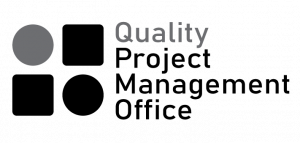
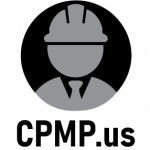
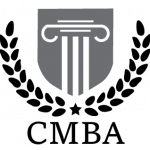
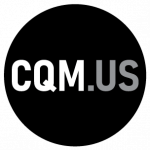
Integration of Quality and Safety in Work Planning and Control is the key to stay safe and healthy at work!
Safety First, Quality Always!
As part of the EMARI System Thinking Approach, Safety and Quality should be integrated into all aspects of our lives.

Community of Practice
We are in process of forming our Community of Practice for Wellness Quality Management to bring our Project Management Professionals together under the PMI San Francisco Bay Area and Grate Lakes of Michigan Chapters. Join us if you are interested by connecting with Dr. Emari on LinkedIn.

Professional Managers are Happy People
Professional Managers are happy people that know how to balance their life and work in an optimized approach. Your Wellness Quality of Life is a project, manage it like a professional…
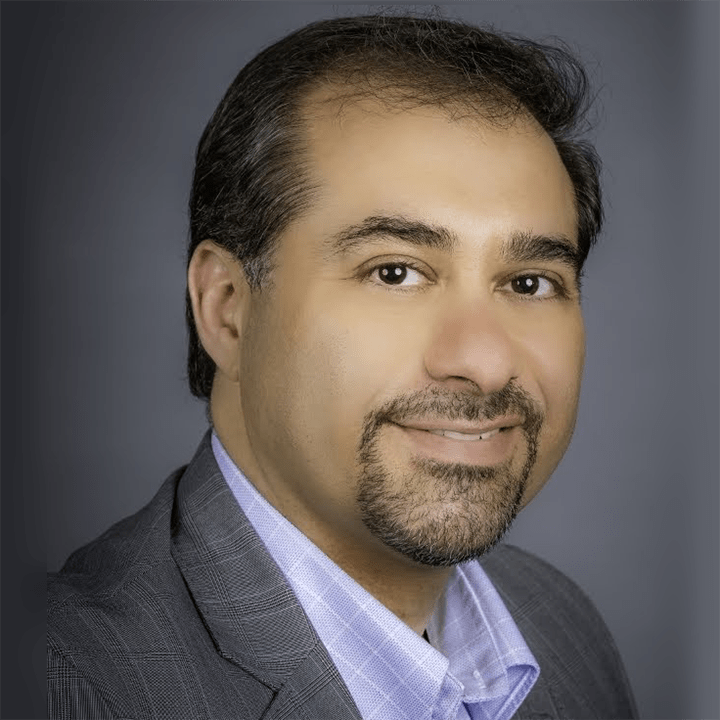





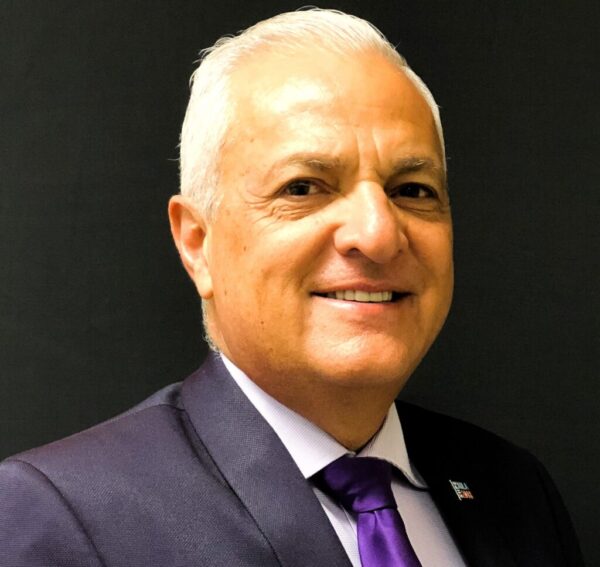
Life-long Learners
Discover how you can enhance your well-being and contentment at work with a 6-hour course on Wellness Quality Management. This four-session coaching class will teach you how to master mindfulness and happiness in the workplace.
We will be using the EMARI System Thinking Approach to explore the “Quality of Life” through the 4H model. This approach, developed by a Professional Manager in a QualityPMO, emphasizes the importance of holding, health, happiness, and harmony in our personal mindset and social interactions.
This course is suitable for all team members, professionals, managers, and students. However, it is recommended that you join with your team to learn as a group and develop a shared language and understanding. This will enable you to tackle team performance challenges more effectively.
Additionally, we have provided a collection of free videos that discuss the Management 3.0 games, which can be useful for team engagement and building trust.

Dr. Emari will apply his 25 years of expertise and success stories in each session as he shares his lessons learned with the participants.
Benefits
- Improve Focus for Productivity & Effectiveness
- Staying Safe, Healthy, and Happy at home and work
- Emotional Intelligence and Improved Team Performance
- Empathy, Kindness, and Compassion for yourself and others
- Become a Professional Manager for a QPMO
- Session 1: Mindfulness & Wise Working
- Session 2: Personality Assessments & Impostor Syndrome
- Session 3: Emotional Intelligence & Happiness at Work
- Session 4: Just Culture & Quality of Life


August is National Wellness Month
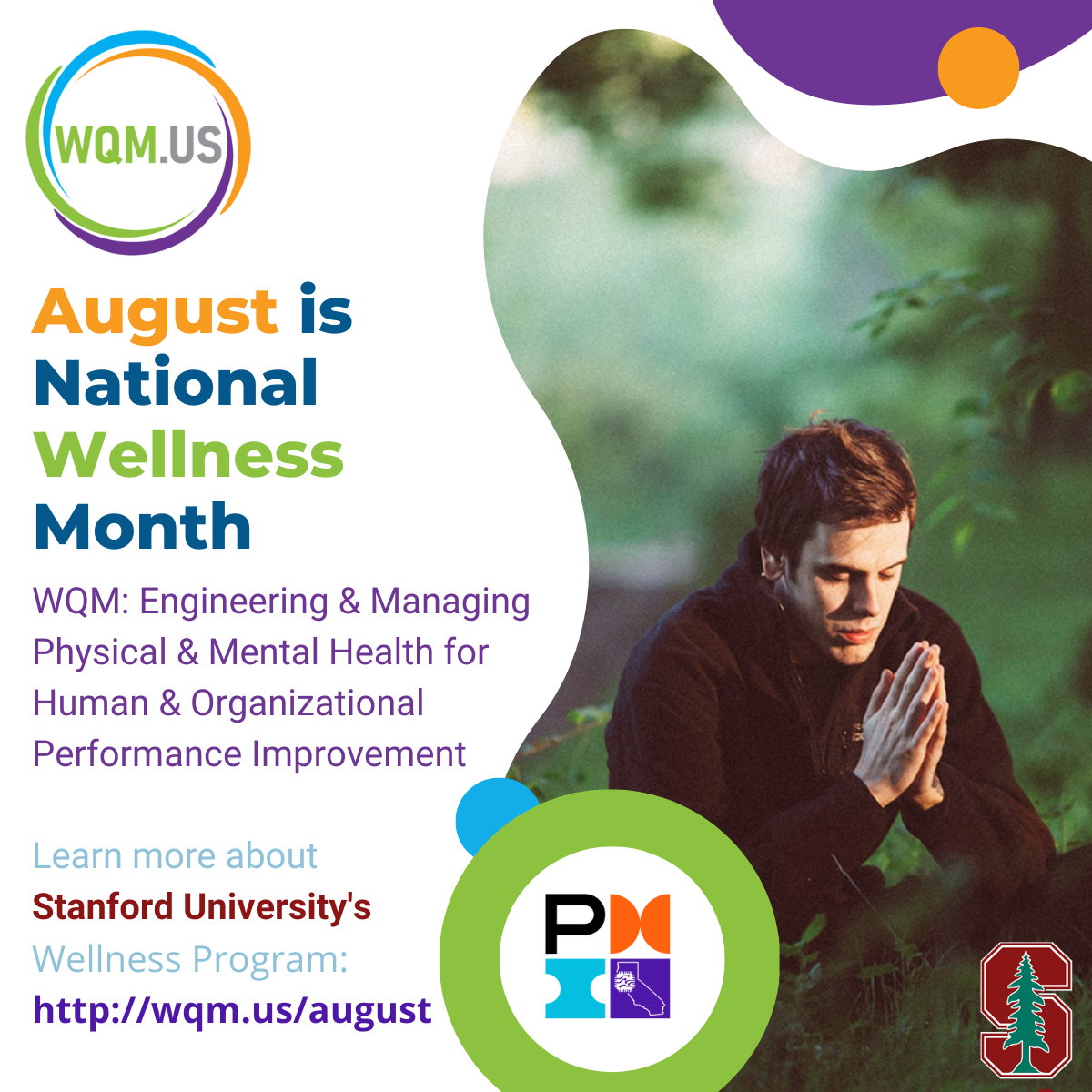
With August recognized as National Wellness Month and the summer winding down, now’s the perfect time to invest in your physical, mental and social health. According to the CDC, healthy habits are built by making a plan, being accountable and recognizing your success.
Encourage your team to be mindful of their Wellness Quality!
Taking an online mental health test is one of the quickest and easiest ways to determine whether you are experiencing symptoms of a mental health condition. Take a mental health screen at https://screening.mhanational.org/
It’s free, share with others…
WE HELP YOU STAY STRESS FREE
Knowledge and Practice
We’ll provide you with information on the latest trends and best practices to stay mindful and stress-free for improved performance!

MBSR
Mindfulness-Based Stress Reduction program and course considers proper meditation for Lovingkindness results. Walking and Yoga are part of the physical activity needed along with mental health and meditation excercises. Learn more from Palouse Mindfulness
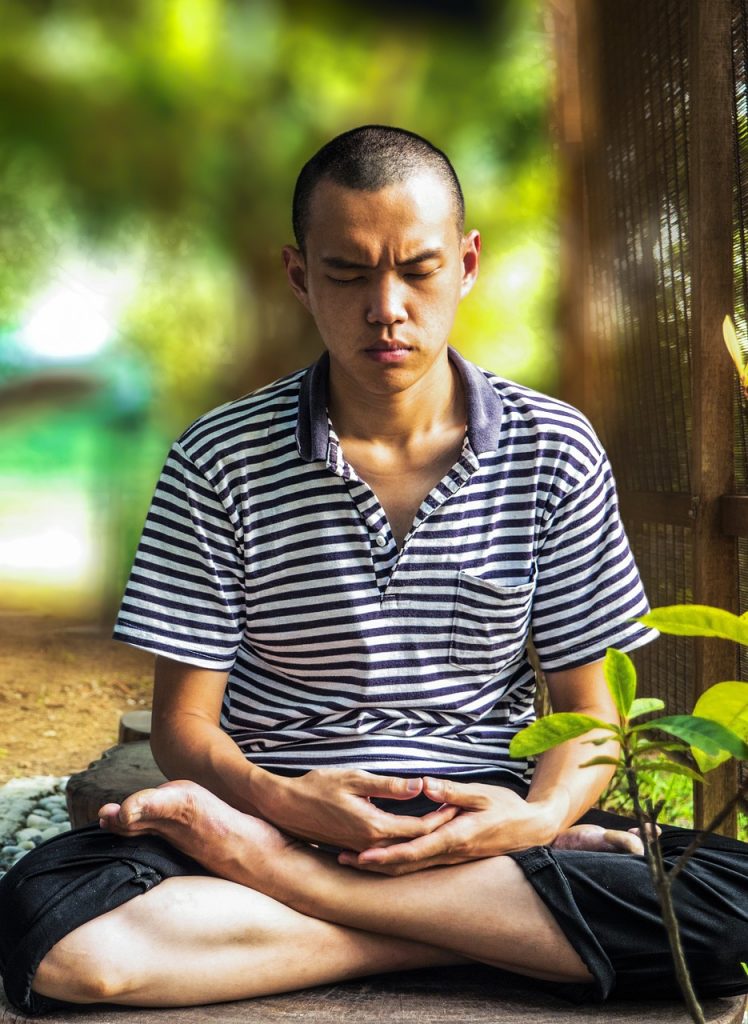
Pranayama
Pranayama is an ancient breath technique that originates from yogic practices in India. It involves controlling your breath in different styles and lengths. It has more recently gained popularity because of the many health benefits that come from the practice. Learn more at WebMD







 Subscribe to WQM.us/TV
Subscribe to WQM.us/TV